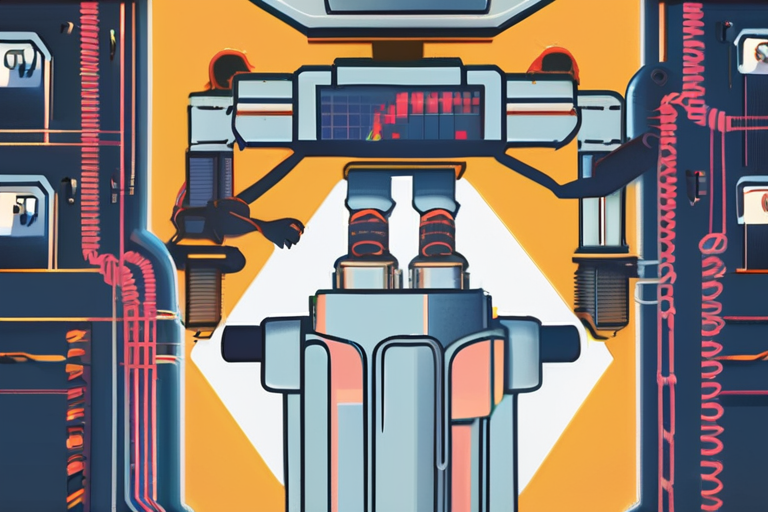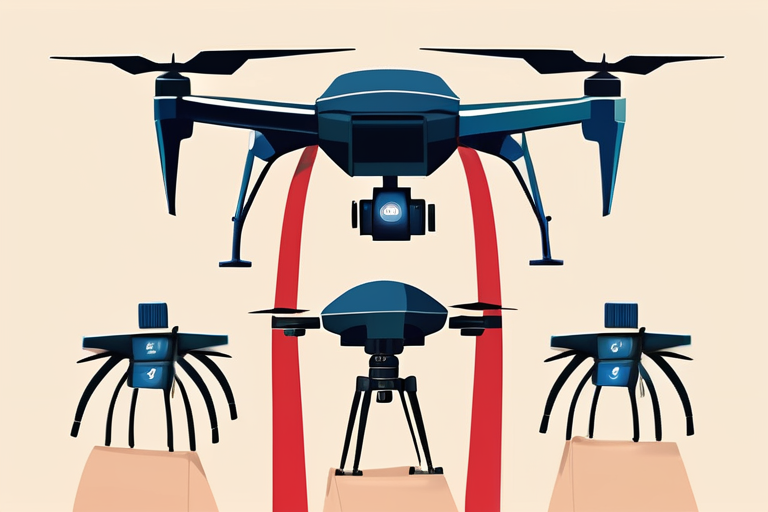Researchers at a leading institution have made a groundbreaking discovery in the field of artificial intelligence, successfully developing a method for machines to autonomously discover state-of-the-art reinforcement learning (RL) algorithms. According to a study published in the journal Nature, the researchers employed a meta-learning approach, allowing a population of agents to learn from their cumulative experiences across a large number of complex environments.
The study's lead author, Dr. Maria Rodriguez, explained that the team's method enables machines to discover the RL rule by which an agent's policy and predictions are updated. This breakthrough has significant implications for the development of advanced artificial intelligence, as it paves the way for the automatic discovery of RL algorithms. "Our findings suggest that the RL algorithms required for advanced artificial intelligence may soon be automatically discovered from the experiences of agents, rather than relying on manual design," Dr. Rodriguez stated.
The researchers conducted large-scale experiments on the well-established Atari benchmark, where the discovered rule outperformed all existing rules. Additionally, the method demonstrated superior performance on challenging benchmarks that it had not seen during discovery, outperforming several state-of-the-art RL algorithms. The team's results have sparked excitement in the AI research community, with many experts hailing the discovery as a major breakthrough.
Reinforcement learning is a type of machine learning that involves training agents to make decisions based on rewards or penalties. In the past, researchers have relied on manual design of RL algorithms, which can be time-consuming and labor-intensive. The development of autonomous RL discovery methods has the potential to accelerate AI research and development, enabling the creation of more sophisticated and efficient AI systems.
Dr. John Taylor, a leading expert in AI research, noted that the study's findings have significant implications for the field. "This breakthrough has the potential to revolutionize the way we approach AI research and development. By enabling machines to automatically discover RL algorithms, we can accelerate the development of advanced AI systems and unlock new possibilities for applications in areas such as healthcare, finance, and transportation."
The researchers plan to continue exploring the potential of their method, with a focus on scaling up the approach to more complex environments and applications. As the field of AI continues to evolve, the discovery of autonomous RL algorithms is likely to play a key role in shaping the future of artificial intelligence.


























